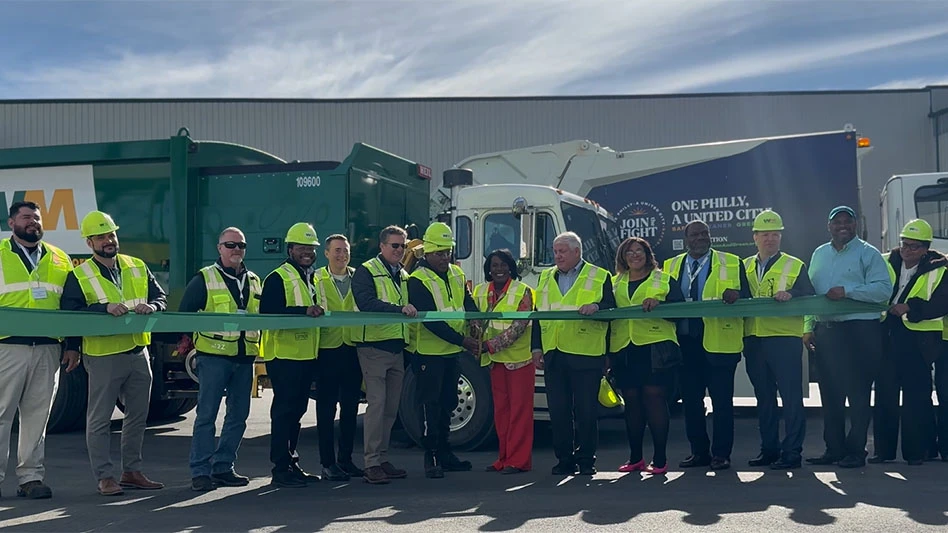
The U.S. Environmental Protection Agency (EPA) has released a study assessing the implementation of e-Stewards and Responsible Recycling Standard for Electronics Recyclers (R2), the two third-party certification programs for electronic scrap recyclers in the United States. The study found that the certification standards are being implemented by auditors with thorough knowledge of the standards.
“EPA’s study affirms that e-Stewards and R2 certification programs are helping to improve the responsible management of used electronics in the United States,” says Mathy Stanislaus, assistant administrator for EPA’s Office of Land and Emergency Management. “We remain committed to continuing the dialogue started by this study to identify opportunities for continued improvement in management of used electronics.”
The R2 and the e-Stewards® standards are accredited third-party standards for the management of used electronics designed to protect human health and the environment. The limited study assessed whether the standards are being implemented transparently and consistently and are achieving the intended results. “Both standards include strong environmental requirements that maximize reuse and recycling, minimize exposure of toxics to human health or the environment, ensure safe management of materials by downstream handlers and require destruction of all data on used electronics,” the EPA writes in a news release announcing the study’s results.
The study’s findings are based on stakeholder interviews EPA conducted and audits EPA observed, which reflect a small percentage of all certified electronics recycling facilities and auditors working in the electronics recycling industry. “Though limited in number, the audits EPA observed reflected the range of audit types, facility sizes and services offered by facilities seeking to obtain or maintain certification to the standards,” the agency says.
The study identified a number of strengths in implementation of the standards, such as clear and effective roles and responsibilities among the key implementers and opportunities for constructive feedback integrated throughout the system, according to the EPA. The study also offers recommendations for improving the overall effectiveness of implementation, including providing additional training and guidance materials in key topic areas, providing regular updates to the standards and increasing audit times to allow for more thorough audits.
The study was conducted in collaboration with the U.S. General Services Administration and the ANSI-ASQ National Accreditation Board. It fulfills a key commitment under the 2011 National Strategy for Electronics Stewardship (NSES), which tasks the federal government to lead by example by encouraging the greener design and responsible management of used electronics. Under this commitment, EPA founded the Sustainable Materials Management (SMM) Electronics Challenge to encourage original equipment manufacturers and retailers to reduce environmental impacts, conserve resources and practice responsible electronics stewardship by using third-party certified electronics recyclers.
Latest from Recycling Today
- ReElement, Posco partner to develop rare earth, magnet supply chain
- Comau to take part in EU’s Reinforce project
- Sustainable packaging: How do we get there?
- ReMA accepts Lifetime Achievement nominations
- ExxonMobil will add to chemical recycling capacity
- ESAB unveils new cutting torch models
- Celsa UK assets sold to Czech investment fund
- EPA releases ‘National Strategy to Prevent Plastic Pollution’





